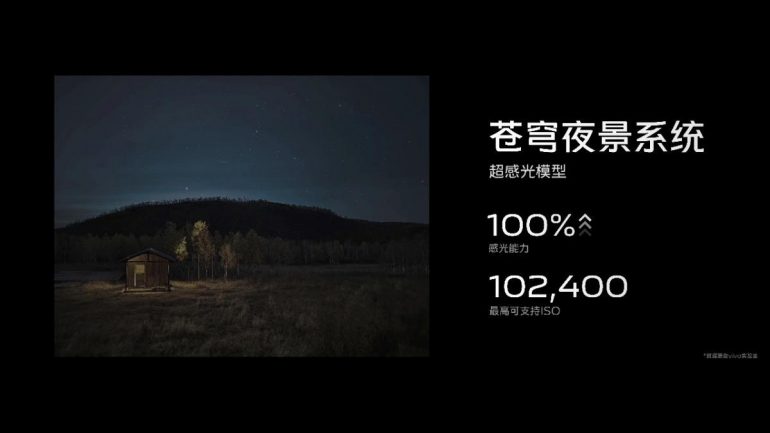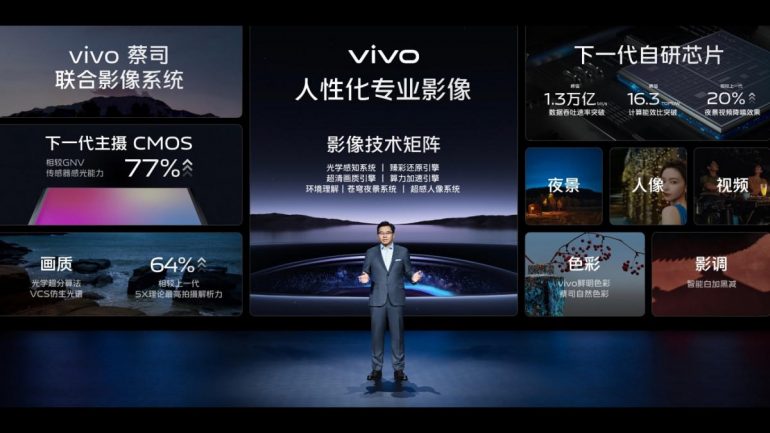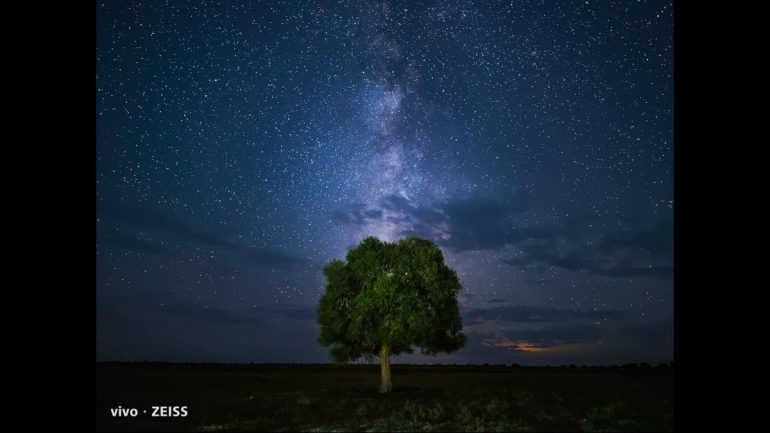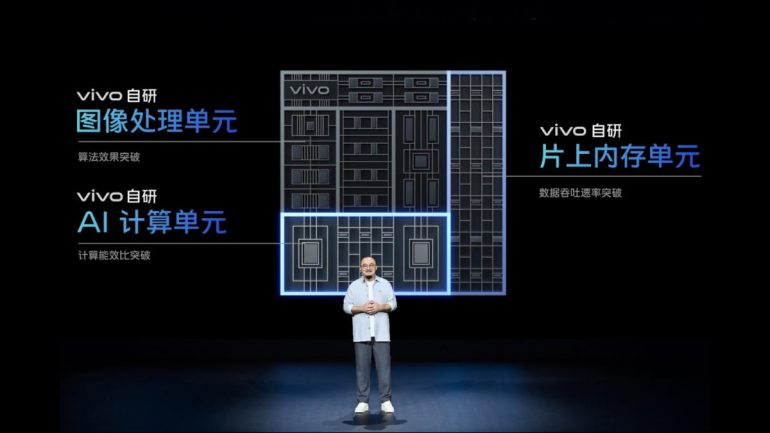vivo and ZEISS have been focused on developing the camera system of the upcoming vivo X90 series of flagship phones. These camera systems aim to provide images that match what the human eyes can perceive.

vivo X90 series camera system
This upcoming vivo X90 Series of flagship devices plan to focus on two core scenes – shooting portraits and taking photos at night. Some of the techs responsible for this have been developed by vivo and some were developed by their partner ZEISS.
The imaging improvements start with the optical system which uses advanced lenses and coatings and also improvements on the signal-to-noise ratio of the image sensor.
Next up, the True Color Restoration Engine is responsible for determining the right white balance.

Furthermore, the next layer of enhancement is the Ultra-Clear Image Quality Engine. This is a super-resolution algorithm that uses a virtual model of the lens to help recover up to 35% of the quality lost due to optical imperfections.
A multi-frame mode is added to improve image quality and dynamic range which is especially useful for periscope lenses.
For added realism, the system also needs to understand the environment so the phone needs to measure the brightness and color temperature of ambient light.


For portrait photography, it will be divided into three parts, The first one is how the phone understands the scene and detects up to 103 feature points on the face which also includes the subject’s pose.
The next two parts divide the work between applying machine-learning beauty filters and the adjustment of the background by tuning parameters like blur, tone, and brightness to name a few.
Moreover, the next system is focused on improving low-light image capturing. The max sensitivity is now doubled and the camera can now have up to ISO 102,400 which is good enough to capture a starry night without the need for a tripod for a long exposure as per vivo.

vivo states that the sensor that will be used in the vivo X90 series will have 77% better light sensitivity than the custom ISOCELL GNV sensor used in the current X80 series. vivo and ZEISS are also developing a new 50mm portrait lens.

The bulk of the processing will be handled by a new acceleration engine that is developed in-house to improve deep learning and computer vision tasks that combine the traditional ISP approach with modern AI-based solutions.
This custom processing hardware is said to enhance videos as well and to handle all the data required, an onboard SRAM on the custom vivo chip has been integrated resulting in lower latency.
vivo said this chip can reach up to 16.3 trillion operations per second (TOPS) per watt.

The new vivo X90 series may arrive in the next few months alongside more details regarding the new camera systems.
Started his freelancing adventure in 2018 and began doing freelance Audio Engineering work and then started freelance writing a few years later.
Currently he writes for Gadget Pilipinas and Grit.PH.
He is also a musician, foody, gamer, and PC enthusiast.






